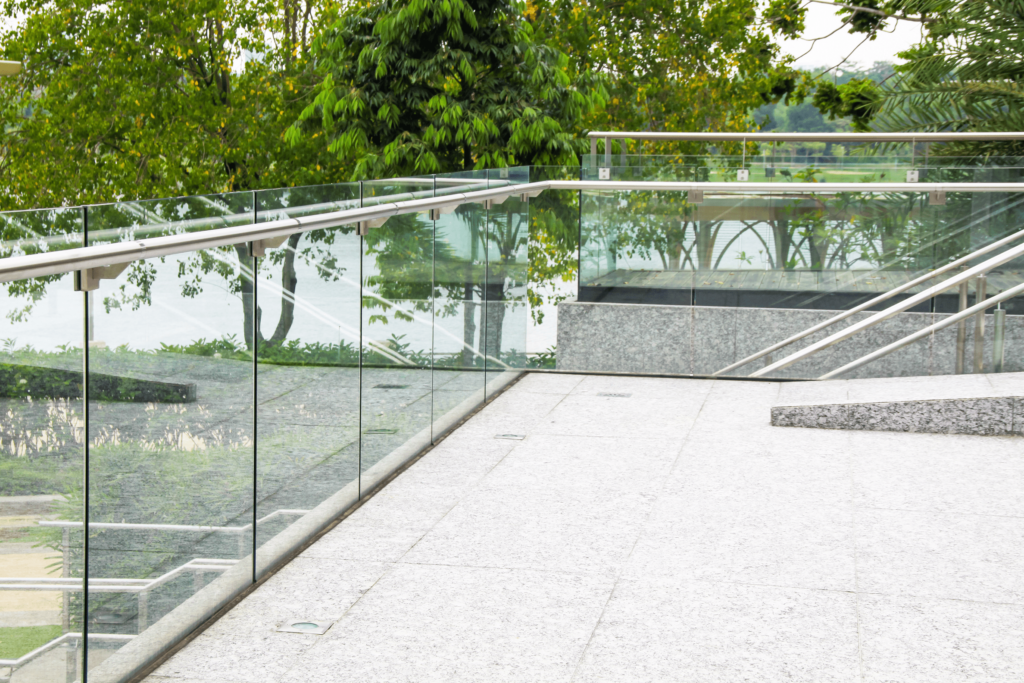For first-time tourists visiting the Gold Coast, there’s nothing quite like the stunning sight of the Surfers Paradise skyline. However, the flipside of the high-rise apartment lifestyle is that in South East Queensland we have more than our share of spine-chilling incidents of people slipping off balconies.
Sadly, every year in Australia, 50 children are injured in falls from balconies.
And in 2019 the tragic death of teenager Charlie Scott was the third time in seven years that Schoolies Week saw a balcony fall end in an all-too preventable loss.
“Safety first” is the byword for balconies and decks, but at Core4 we’ve fixed more than a few unsafe ones. Fortunately, there are some simple precautions that unit owners and body corporate managers can take to make sure we all enjoy outdoor living without unnecessary hazards.
Safety is the byword for balconies and decks
To start with, it’s important to understand that there are strict rules and regulations for climbable elements on balustrades. In recent years legislation has also been introduced on allowable window openings, in order to protect people (particularly young children) from falls.
And while nobody likes the headache of poring over guidelines, the good news is that information on regulations is easy to find. Not only that, but there are plenty of resources to help you come to grips with your legal obligations.
In Queensland, balcony and decking regulations are governed by state and national legislation. You can find useful tips on these at the QBCC, Queensland Government and HIA websites, to name a few.
Balcony and decking regulations: the basics

To give just a quick overview, under Queensland regulations for decks and balconies your property must meet the following requirements:
- Balustrades or barriers must be in place on a deck or balcony where a person could fall more than one metre to the ground.
- If the deck or balcony is more than a metre from the ground, an opening in a balustrade or railing cannot be over 125 millimetres. This is because an opening larger than that creates a greater risk of a person slipping through the gap.
- Balustrades must be constructed so they can resist strong forces, like wind or people leaning against them.
However, it’s important to remember that the condition of a balustrade or railing can deteriorate over time due to weather, wear-and-tear, and general use. - This means that you don’t just “set and forget”, you need to test your railing and then re-test it periodically.
How to ensure balcony and balustrade safety

It’s sensible to make sure your balcony and deck are inspected regularly for safety and structural integrity, no matter their age or the material they are constructed from.
Concrete needs to be checked for cracks or corrosion, while timber can rot or decay over time.
Balustrades and railings also should be inspected for stability and conformance with government regulations. Because laws change over time, a regular inspection will keep you up to date with any variations. For peace of mind, Core4 recommends booking in an annual inspection at a minimum.
With our years of experience in property repairs and preventative maintenance across Brisbane, Core4 are always happy to come and check out any concerns you have about your balcony or railings.
Feel free to get in touch with Core4 with any questions about our four core services in Brisbane and across Australia: quality, affordable property maintenance, facility management, shopfitting and project management.